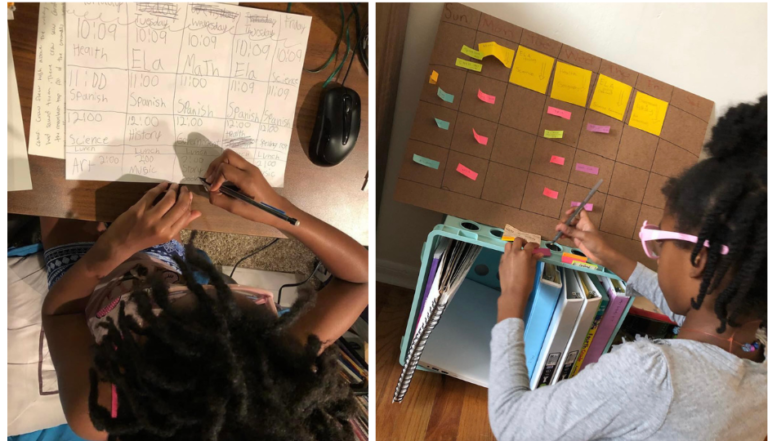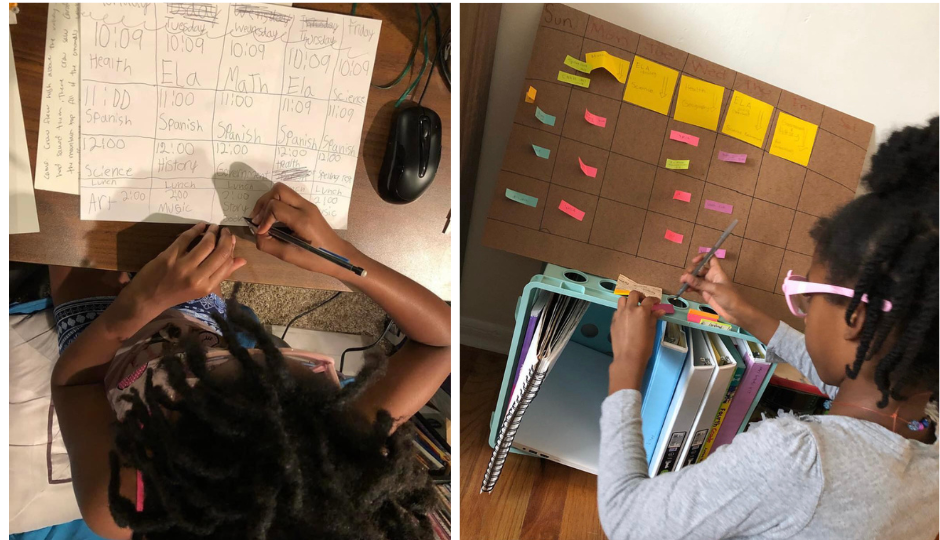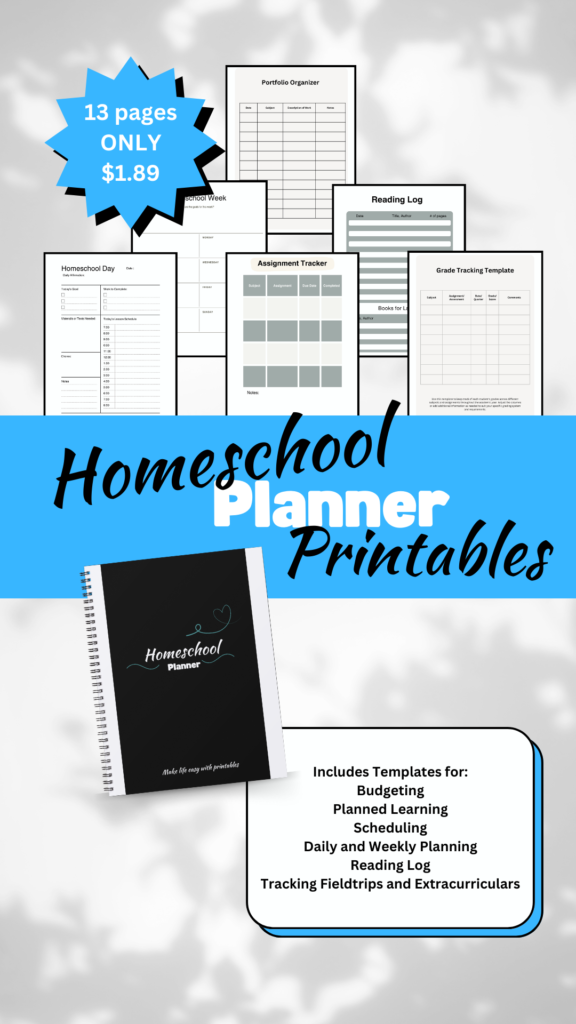Homeschooling
Tips for Homeschooling: Guide Your Child’s Learning
Why Homeschooling Rocks
Homeschooling is a fantastic way to tailor your child’s education to their unique needs and interests. But guiding their learning can sometimes be a challenge. If you’re looking for ways to make homeschooling more effective and enjoyable for your child, you’re in the right place! Here are some practical tips to help you guide your child’s learning, create a personalized schedule, incorporate self-paced and self-directed learning, and keep everything organized with a homeschool planner.
Homeschooling gives you the flexibility to create an education that fits your child perfectly. It allows you to focus on their strengths, support them in areas where they need extra help, and incorporate their interests into their learning. Here’s how you can make the most of it.

Let Your Child Help Create Their Schedule
One of the best parts of homeschooling is flexibility. Allowing your child to help create their schedule can boost their independence and responsibility. Here’s how to do it:
- Know Their Learning Style: Is your child a morning person or do they work better in the afternoon? Schedule subjects that need more focus when they’re most alert.
- Set Priorities: Decide on the most important subjects that need daily attention like math, science, and reading.
- Include Breaks: Make sure to include short breaks to keep your child refreshed. A 5-10 minute break every hour can work wonders.
- Mix It Up: Keep the day interesting by mixing different subjects and activities.
- Weekly Planning: Spend some time each week planning the upcoming schedule together. This helps your child feel involved and in control.
Self-Paced and Self-Directed Learning
Self-paced and self-directed learning encourages your child to take charge of their education. This approach can be incredibly beneficial, especially in a homeschooling environment.
Benefits of Self-Paced Learning:
- Individualized Learning: Your child can spend more time on challenging subjects and move quickly through easier ones.
- Reduced Stress: Without the pressure of keeping up with a class, your child can learn at a comfortable pace.
- Better Retention: When students learn at their own pace, they often retain information better.
How to Encourage Self-Directed Learning:
- Set Clear Goals: Help your child set clear, achievable goals for their learning. This can be daily, weekly, or monthly targets.
- Provide Resources: Give your child access to a variety of learning materials, such as books, videos, and online courses.
- Monitor Progress: Regularly check in on your child’s progress. Offer guidance and support when needed but allow them to take the lead.
- Celebrate Success: Celebrate your child’s achievements, no matter how small. This encourages them to keep going and stay motivated.
Stay Organized with a Homeschool Planner
A homeschool planner can be a lifesaver for keeping everything on track. Here’s how to use it effectively:
- Daily and Weekly Pages: Plan out subjects, assignments, and activities for each day and week.
- Set Goals: At the start of each month, set academic and personal goals with your child and write them in the planner.
- Track Progress: Keep track of grades, completed assignments, and areas where your child may need extra help.
- Flexible Planning: Be ready to adjust the schedule if something takes longer than expected.
- Resource Section: Include a section for useful resources like book lists, websites, and contact info for tutors or co-op groups.
Tips for Guiding Your Child’s Learning
- Encourage Independence: Let your child make some choices about their learning, like picking reading materials or project topics.
- Create a Learning Space: Set up a quiet, comfortable, and organized area for homeschooling.
- Use Technology: Take advantage of educational apps, online courses, and virtual field trips.
- Stay Connected: Join homeschooling groups and forums to share resources and advice with other parents.
- Extracurricular Activities: Encourage participation in activities like sports, music, or art to provide a well-rounded education.
- Regular Review: Regularly review what your child has learned through conversations, tests, or creative projects.
- Parental Involvement: Stay actively involved by attending co-op classes, helping with assignments, and showing interest in their projects and achievements.
What tips would you add when it comes to scheduling and creating a routine for your homeschooler?


